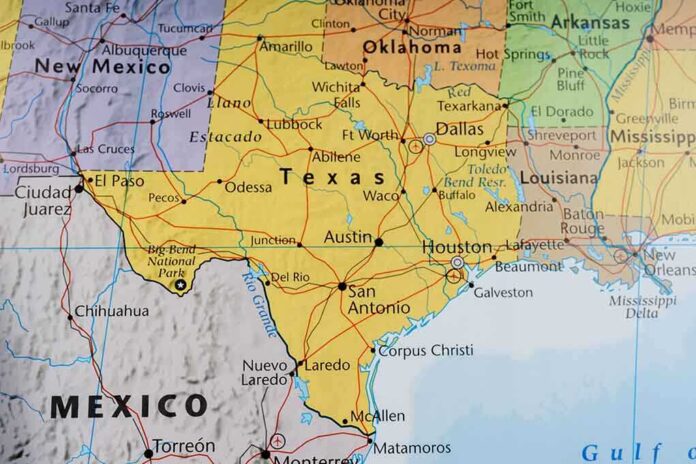
America is still concerned about this national matter as the measles outbreak in Texas grows increasingly unmanageable, with the CDC sounding the alarm on unreported cases spiraling out of control.
The revelation comes as federal officials struggle to manage health crises amid reduced budgets and the influence of pharmaceutical interests.
Americans are left wondering why simple childhood diseases are suddenly overwhelming the public health system.
CDC senior scientist Dr. David Sugerman sounded the alarm during a recent advisory committee meeting, admitting what many have suspected.
“We do believe that there’s quite a large amount of cases that are not reported and underreported,” Sugerman stated.
The numbers paint a concerning picture. Officials have recorded 747 measles cases nationwide this year, with over 90% linked to an outbreak in the Southwest.
Texas alone has confirmed 561 cases in its western regions, with each case reportedly costing taxpayers between $30,000 and $50,000 to address – a staggering burden on public resources already stretched thin.
This year’s outbreak has resulted in two unvaccinated children dying in Texas and an unvaccinated adult in New Mexico.
Before 2025, the U.S. had not witnessed a measles death in a decade, and no American child had died from the disease since 2003.
Moreover, the CDC’s budget was slashed by $11.4 billion, severely limiting state health departments’ ability to respond effectively.
This budget constraint comes at a crucial time when Texas is reallocating resources to manage the outbreak, and the CDC is struggling to provide adequate support due to funding limitations.
Health and Human Services Secretary RFK Jr. has taken a different approach to the outbreak than his predecessors, emphasizing personal choice rather than government mandates in vaccination decisions.
Kennedy has stated that Texas has “done a very good job at controlling the measles outbreak,” focusing on Americans’ right to make their own healthcare decisions without government coercion.
Besides, the outbreak is centered in a Mennonite community in West Texas, a close-knit, traditionally private group that often avoids frequent medical visits.
This cultural context helps explain why cases might be underreported, as these communities typically handle health matters internally without government intervention.
In a move that has raised eyebrows among government watchdog groups, Kennedy has questioned the objectivity of CDC advisory committee members, pointing out their potential conflicts of interest due to ties with the pharmaceutical industry.
The CDC is now deploying a new team of seven responders to Texas after agency layoffs hampered previous efforts.
At the same time, there is growing concern that ongoing outbreaks could jeopardize America’s designation as having eliminated the endemic community spread of measles.
This designation reflects decades of public health progress that are now at risk.
As Texas works to contain this outbreak, Americans must weigh personal medical freedom against public health concerns, understanding that government resources are limited and family health decisions remain paramount in the constitutional republic.



















